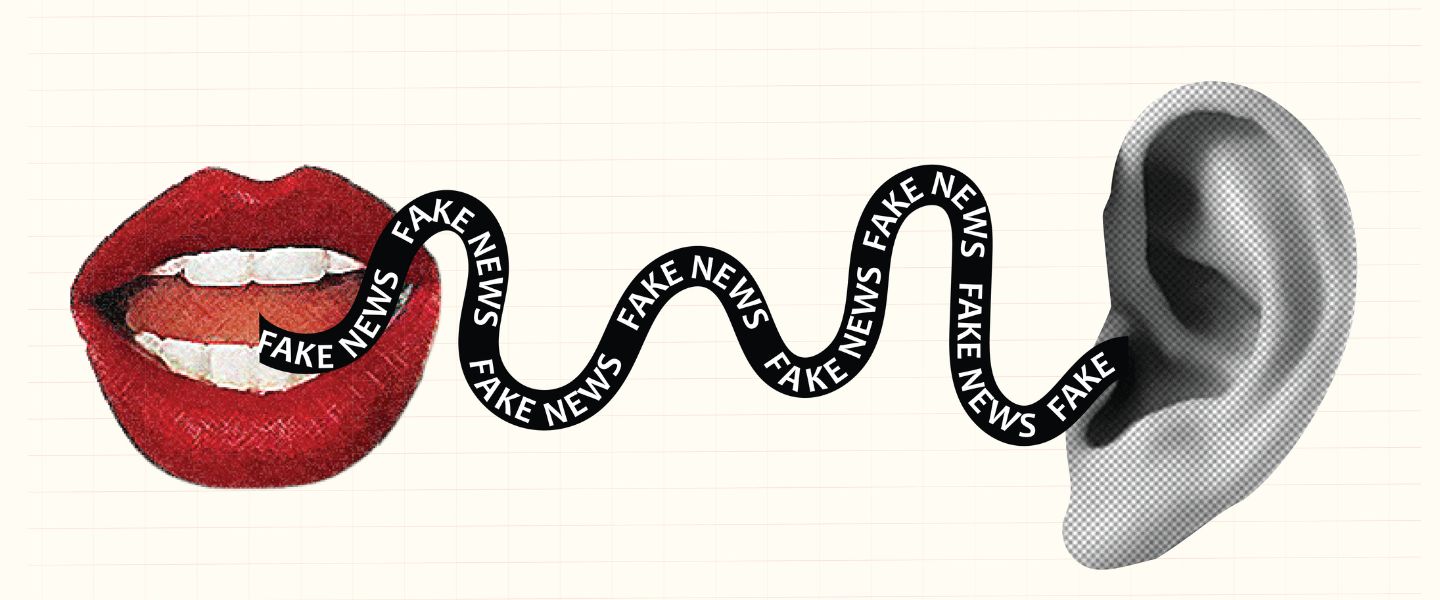
Is it time you went back to beige?
Beige gets a bad rap from brand consultants, but when you’re stressed, it’s hard to think clearly: you need to return to neutral first. To reset your nervous system, try going back...

by Patrick Reinmoeller Published November 15, 2024 in Brain Circuits • 3 min read
The idea that decisions should always be based on hard facts is deep-rooted in the business world – but this misunderstands the nature of intuition and how to apply it to decision-making. Rather than an ill-informed ‘hunch’, intuition is a form of unconscious intelligence; one shaped by experience in dealing with uncertain and dynamic situations. Algorithms can only infer ‘solutions’ from known events and are often ill-suited for dealing with uncertainty.
Heuristics are mental shortcuts that serve as rules for decision-making and can help solve problems and make decisions quickly. They are concrete rules about what to do in response to a particular situation. They can be conscious or unconscious; explicit or implicit. The latter are heuristics that people are not aware of or haven’t qualified yet – a form of unconscious intelligence based on experience. In drawing on experience, we sense quickly what we should or should not do in a particular situation and make a decision. The result is conscious (and often seems instantaneous), but we don’t know how we got there because the underlying process is unconscious.
Another advantage of using heuristics concerns transparency. With AI-based decisions, you don’t know what data has been used to produce a result. By contrast, making the intuition that underlies your heuristic explicit makes for full transparency. This can be a powerful tool in business, especially for leaders.
Knowing which heuristics (rules) to use and when is a function of experience and judgment. If the environment has changed, the rules for making decisions need to change – there has to be a match between the environment and behavior.
Intuition is not something that only certain people have – everyone has good intuition if they have long experience in a certain field or environment. Ultimately, by making intuitive decisions, we are focusing on what is important in a given scenario and ignoring everything else – whether it’s being chased by a bear or tackling a business problem. It’s about having the courage to ignore what doesn’t matter and focus on what does.
Digitalization surrounds us and permeates our every activity. While AI brings us undoubted benefits, its results can make for confusion and uncertainty. The way to respond is by using human intuition to outsmart the smart world.

Patrick Reinmoeller has led public programs on breakthrough strategic thinking and strategic leadership for senior executives, and custom programs for leading multinationals in fast moving consumer goods, telecommunications, pharmaceuticals, healthcare, and energy on developing strategic priorities, implementing strategic initiatives, and managing change. More recently, his work has focused on helping senior executives and company leaders to build capabilities to set and drive strategic priorities.

February 12, 2026 • by Francesca-Giulia Mereu in Brain Circuits
Beige gets a bad rap from brand consultants, but when you’re stressed, it’s hard to think clearly: you need to return to neutral first. To reset your nervous system, try going back...

February 11, 2026 • by Stefan Michel in Brain Circuits
Drawing on his recent IMD podcast with Amar Bhidé, IMD Professor of Management Stefan Michel debunks longstanding misconceptions about entrepreneurship....

February 10, 2026 • by Susanne May in Brain Circuits
Forget everything you’ve heard about genius CEOs, intuition, and heroic decision-making, says Susanne May – use Jensen Huang’s radical leadership of Nvidia as a blueprint to succeed in the AI era....

February 5, 2026 • by Michael D. Watkins in Brain Circuits
AI can do plenty in terms of learning and skills development – but educators and talent leaders also need to understand what AI tools should not be used for. ...
Explore first person business intelligence from top minds curated for a global executive audience